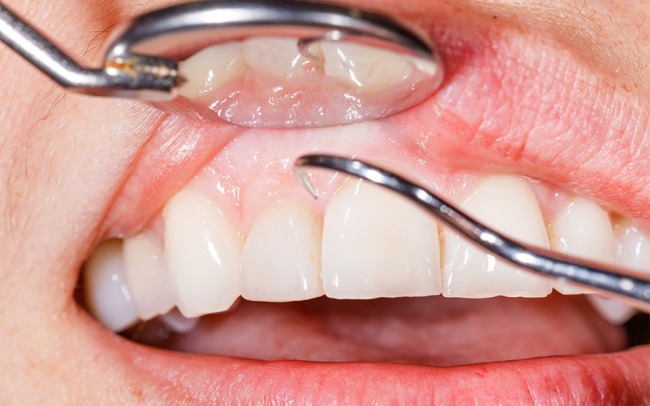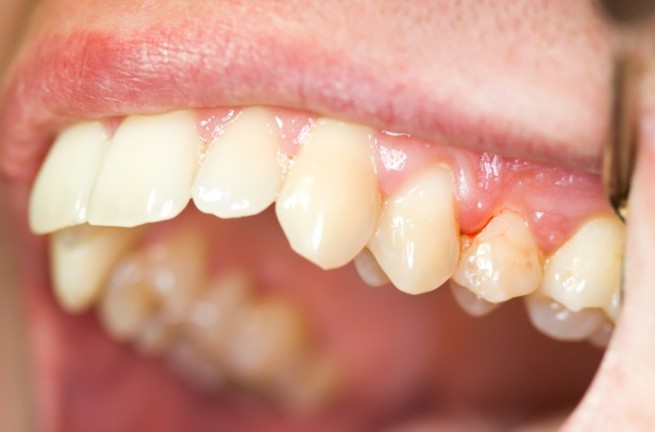A dental visit is a regular event. However, you might not find this event quite relieving if you or your kids get sensitive teeth after it. It is pretty common to have tooth sensitivity after filling. A survey suggests that 27% of the children get cavities before and at the age of 5. And it is worth mentioning that filling can be placed in the baby teeth too. So, it is pretty common for the children to have sensitive teeth after getting filling. In this scenario, you can make things easier for your kids by knowing what to expect.

Preparing your child
Getting preparing for the first dental filling is a huge step for everyone. But you need to make sure that you do not talk too much about the procedure’s significance when you are preparing your kid. And you will also have to make sure that you are not using the words like ‘needle’, ‘drill’ and ‘sharp’ when you are telling your kid about the dental filling. Let the dentist explain procedure to your kid. They are quite experience in conveying the right details while making sure that they are not instilling dental anxiety in the patient’s mind.

Anesthesia
Administration of anesthesia is an important step before the dental filling procedure. Pediatric dentists also use nitrous oxide oxygen to help calm your kid prior to the procedure. The dentist may choose to administer general anesthesia in case the kid has the special needs or he/she has extreme dental anxiety. One thing to ensure here is that the anesthesia is being administered by a qualified staff.
Things to expect during treatment
A typical procedure of dental filling completes in an hour. If there is more than one tooth to fill, the dentist may suggest multiple dental visits.
During the treatment, the dentist generally uses “tell-show-do” technique in order to clear any scary concepts the young patient may have about the treatment. The dentist may even provide short breaks to keep the patient calm.

Post treatment care
It is normal for the teeth to have sensitivity after filling. However, this sensitivity can be specifically painful for the children. The pain is mainly due to swelling. However, this swelling should not last for more than 2 days. Prolonged swelling could mean allergic response to anesthesia. In this scenario, a follow-visit to the dentist becomes a necessity.
Post treatment care for your child could include the following.
- Make sure to monitor swelling after the treatment for two days.
- Give your child soft foods until the swelling and sensitivity doesn’t go away.
- Make sure that your child is not sipping drinks using straw.
- Use cold compress on the area frequently.
- Child should not engage in intense physical activity for about two days after the treatment.
- After things get back to normal, consider taking your kid to the dentist for dental sealant.
These above mentioned steps should help your child in remaining away from the pain and discomfort after the filling.
 One thing that many
One thing that many 
